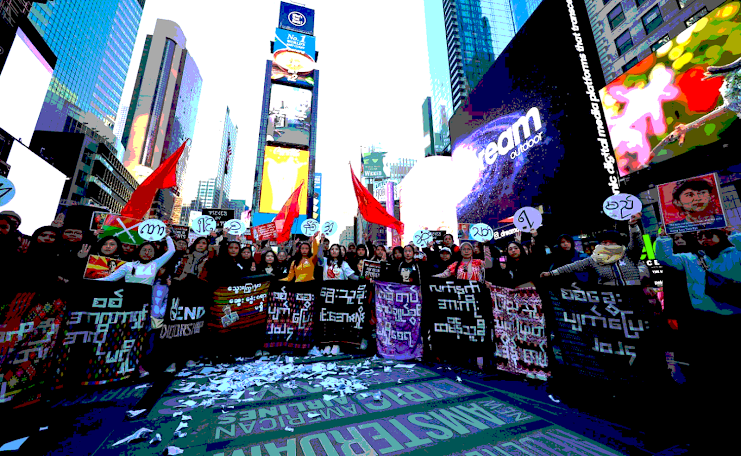Myanmar Spring Chronicle – February 3 by MoeMaKa Media:
International Dynamics and Myanmar’s Struggle
Examining the role of international support in the pursuit of Myanmar’s anti-dictatorship revolutionary movement brings to light the varied expectations and strategies adopted by different factions within the anti-military forces. The evolving stance of international governments toward Myanmar adds another layer of complexity to the situation.
Divergent opinions exist among revolutionary forces regarding the significance of international aid. Some emphasize the importance of international assistance, while others place greater emphasis on domestic efforts to combat Myanmar’s military dictatorship. Political entities aspiring to model Myanmar’s future on the democratic systems of Western countries hope for support in various forms—political, moral, diplomatic, and even military—from these nations. Initially, there were expectations of military aid, weapons, and financial support from countries like the United States, along with UN security forces protecting Myanmar civilians. However, powerful nations opted for punitive measures against the coup military rather than direct military assistance.
Instances such as China and the United States turning to ASEAN as an intermediary in Myanmar issues in 2021 suggest a diplomatic approach aimed at convincing the coup military. Powerful countries acknowledge the principle that military intervention in Myanmar’s affairs should be avoided, aware of the potential repercussions.
In the case of neighboring countries like India and China, diplomatic relations have continued with the current government rather than the military, driven by regional interests and investments. Thailand, another neighbor, maintains a closer relationship between its army and the Myanmar military compared to their respective governments. Despite the Thai army’s historical ties with the Myanmar military, the Thai government has shown a distinct position compared to China and India, accepting refugees and allowing unarmed Myanmar opposition forces to operate to a certain extent.
Summarizing international assistance in overthrowing the military dictatorship reveals a reluctance to provide material aid such as military equipment or direct financial support. The international community’s involvement in Myanmar’s affairs is overshadowed by other global conflicts, such as the Ukraine-Russia war and the Israel-Palestine conflict.
After three years, it becomes evident that organizations like the United Nations and ASEAN are limited in their capacity to offer humanitarian assistance to those affected by the war. For armed revolutionary forces, unity is paramount, and political forces should focus on maintaining the current situation and seizing opportunities rather than relying on full international diplomatic support.
The emphasis should be on internal consensus and cooperation among opposing forces in the fight against military dictatorship. Building the foundation for a future federal union is crucial at this juncture, highlighting the importance of internal collaboration over external aid and support.

